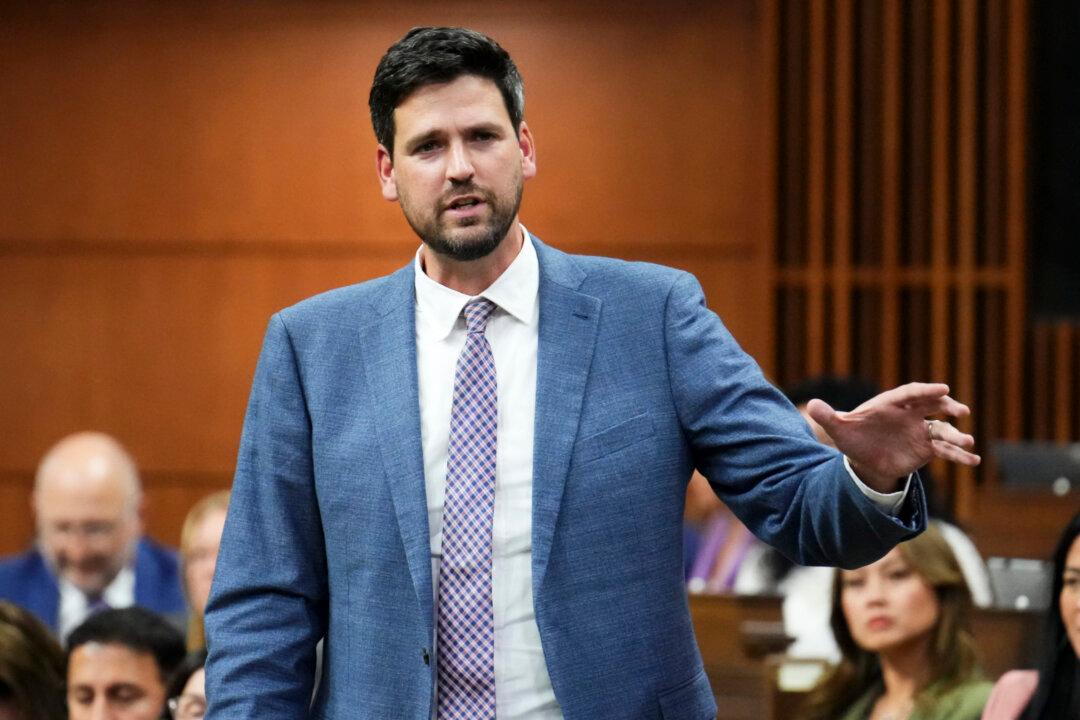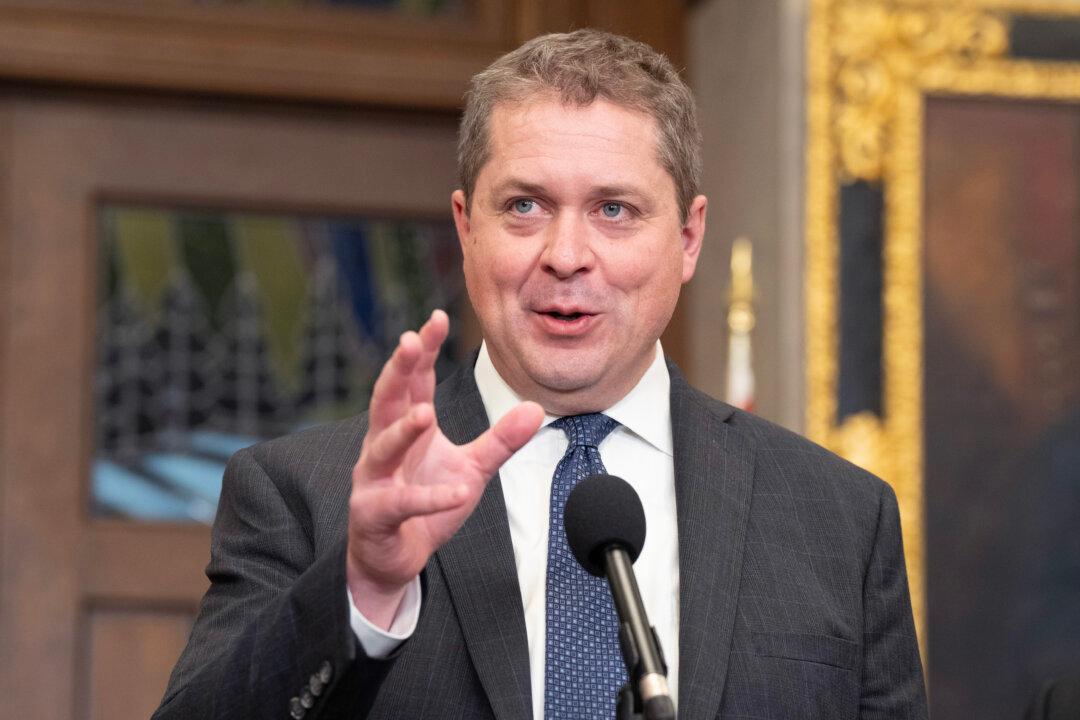Housing Minister Sean Fraser says changes could be made to the country’s international student visa and temporary foreign workers program to reduce immigration amid housing shortages.
“We do need to continue to look at reforms to our temporary residency programs. We’ve seen a significant increase in the numbers of the international student program and the temporary foreign worker program in recent years,” Mr. Fraser told Global News on Dec.12





